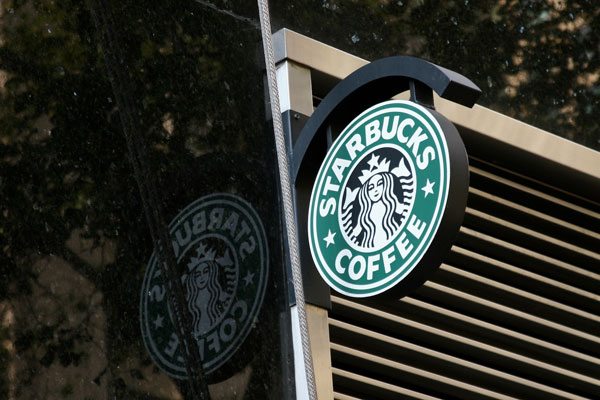
April 17, 2018; NPR, “The Two-Way” and CNN
On May 29th, Starbucks will be closing each of its 8,000 company-owned stores in the United States for the afternoon to provide a racial bias training to approximately 175,000 employees. The coffee conglomerate has pledged that the same training will be part of the onboarding process for new hires.
This, of course, follows the incident in which two Black men were arrested for sitting at the Starbucks in Rittenhouse Square, described in VisitPhilly.com as “the heart of Center City’s most expensive and exclusive neighborhood.” The men were at the Starbucks for 15 to 20 minutes, sitting quietly by all accounts, but they were in custody for around eight hours. (This is the same neighborhood, by the way, that the ACLU found had “the highest racial disparities in pedestrian stops in the entire city,” with Black people making up 67 percent of those stopped by the police despite representing only three percent the population.)
“I’ve spent the last few days in Philadelphia with my leadership team listening to the community, learning what we did wrong and the steps we need to take to fix it,” said Starbucks CEO Kevin Johnson. “While this is not limited to Starbucks, we’re committed to being a part of the solution. Closing our stores for racial bias training is just one step in a journey that requires dedication from every level of our company and partnerships in our local communities.”
Not to niggle, but this falls short for me. Its gratuitous “while this is not limited to Starbucks” caveat is not the ideal redemption attitude. Imagine starting a confession and plea for forgiveness with, “While I am not the only guy to murder someone…”
This iconic scene occurred at a Starbucks, and that means the corporation has a hill in front of it that it will have to climb, for as long as it takes.
Sign up for our free newsletters
Subscribe to NPQ's newsletters to have our top stories delivered directly to your inbox.
By signing up, you agree to our privacy policy and terms of use, and to receive messages from NPQ and our partners.
According to Brentin Mock writing for CityLab, Johnson also said, in an earlier comment:
Ambiguity was part of what caused the problem, the ambiguity about when and whether to call the police. There are situations where it’s appropriate to call the police, situations where there are threats or disruptions in our store. This situation had none of that and these two gentlemen did not deserve what unfolded.
The fact that such spaces of ambiguity are inhabited by racially biased responses is indeed an issue for everyone to solve—to, for instance, prevent shootings in the backyards of our grandmothers and the other “undeserved” overreactions to ambiguity that have haunted generations of Black folk in this country.
But let’s not lose hope; among those who are aiding in guiding the training and any other measures to be taken are Bryan Stevenson, founder and executive director of the Equal Justice Initiative; Sherrilyn Ifill, president and director-counsel of the NAACP Legal Defense and Education Fund; Heather McGhee, president of Demos; former US Attorney General Eric Holder; and Jonathan Greenblatt, CEO of the Anti-Defamation League. These people have been working on this problem for generations.
It is time for accountability, and Johnson could have done and will need to do better. As a self-proclaimed socially responsible company, we expect more.—Ruth McCambridge











